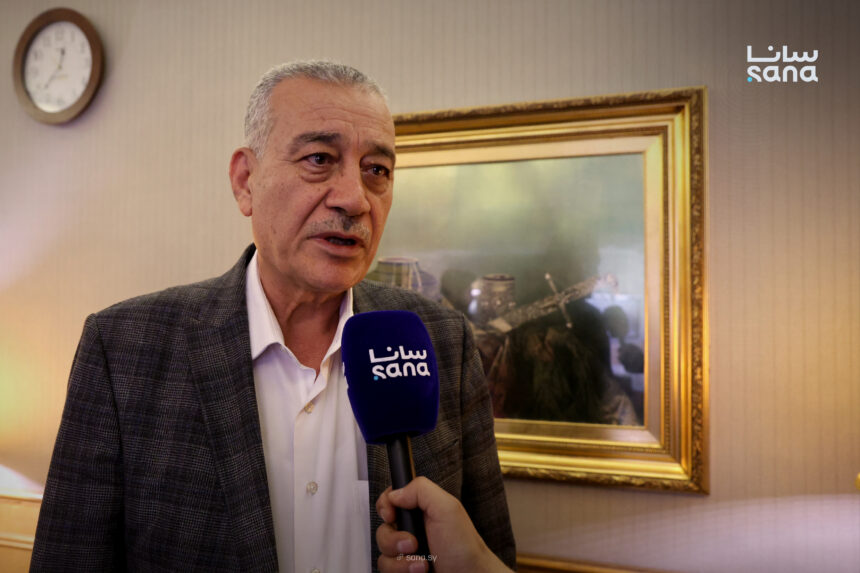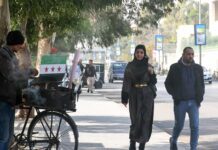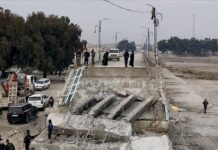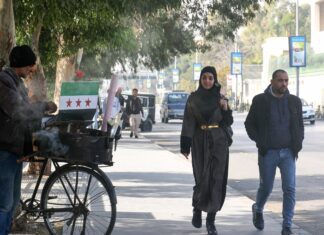
Last May President Ahmad al-Sharaa issued a decree establishing the National Transitional Justice Commission, an authority tasked with investigating past violations, holding perpetrators accountable, and promoting national reconciliation. The decree appointed Abdulbasit Abdulatif as chairman, alongside 12 members, including Zahra Najib al-Barazi as deputy. The commission is structured around specialized committees for investigation, justice, reparation, and reconciliation, with technical offices supporting legal work, witness protection, and data management.
Its mandate emphasizes “uncovering the truth about the gross violations committed by the former regime, holding those responsible accountable, redressing the harm suffered by the victims, and consolidating the principles of non-repetition and national reconciliation.”
Justice Minister Mazhar al-Wais welcomed the formation, recently commented that “achieving justice requires the concerted efforts of all, official institutions, civil society, victims, and relevant organizations.”
Meetings With Human Rights Organizations
The commission has sought to establish partnerships with civil society. On September 2, Abdulatif and several members of the body met in Damascus with Fadel Abdulghani, director of the Syrian Network for Human Rights (SNHR), and his team.
The discussion centered on transitional justice and the challenges of implementation in Syria. Abdulghani presented the network’s vision and emphasized that transitional justice must remain a national path that prioritizes victims.
He confirmed SNHR’s willingness to make its database available which has thousands of documented violations since 2011. “Complementary work between official institutions and civil society organizations is essential to ensure effectiveness and speed in achievement,” SNHR said in a statement following the meeting.
For his part, Abdulatif stressed that the commission’s work must begin with recognizing victims’ rights, revealing historical truths, and ensuring broad participation. He said the body aims to “build strategic partnerships with Syrian human rights entities experienced in documentation and fieldwork.”
Commitment to Continued Coordination
Both sides agreed to hold regular meetings and expand cooperation in the coming months. At the conclusion of the session, SNHR expressed appreciation for the commission’s openness to dialogue, describing the encounter as a constructive step toward building “a comprehensive justice path that serves the Syrian community.”
The commission’s early outreach signals an intention to ground its work in collaboration with organizations that have years of experience documenting abuses. Whether these partnerships can translate into tangible progress remains an open question, but the stated commitment to victims’ rights, accountability, and reconciliation places civil society at the center of Syria’s transitional justice process.








